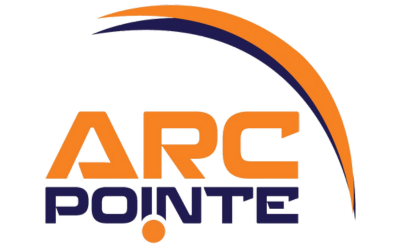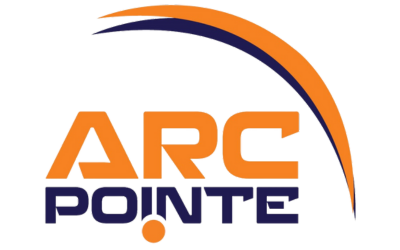
Patient Appointment Scheduling
Patient appointment scheduling efficiency is critical for ensuring that providers can deliver high-quality care while optimizing their operations. Particularly in the context of medical appointment scheduling, plays a pivotal role in enhancing patient experiences and improving workflow efficiency. By utilizing virtual assistant services, healthcare facilities can streamline the scheduling of medical appointments, allowing healthcare professionals to focus on patient care rather than administrative tasks.
The Significance of Appointment Scheduling
Appointment scheduling refers to the systematic organization of patient visits to healthcare providers. This encompasses many activities, from booking initial consultations to managing follow-up appointments. A well-structured scheduling system helps healthcare practices minimize waiting times, manage patient flow, and improve overall operational efficiency.
Understanding Patient Appointment Scheduling
Patient appointment scheduling focuses specifically on ensuring that patients can easily book, change, or cancel their medical appointments. This aspect of scheduling is crucial for enhancing patient satisfaction, as it reduces barriers to access and enables patients to receive timely care.
Key Benefits of Medical Appointment Scheduling
- Enhanced Accessibility for Patients
Virtual assistants can facilitate this process by providing multiple options for booking, including online scheduling platforms and phone support. This accessibility is essential in today’s fast-paced world, where patients appreciate the flexibility of scheduling appointments on their own terms.
- Improved Operational Efficiency
By outsourcing appointment scheduling tasks to virtual assistants, healthcare providers can significantly improve their operational efficiency. Virtual assistants can manage confirmations, cancellations, and rescheduling, freeing up valuable time for healthcare professionals. This efficiency allows providers to see more patients each day, ultimately increasing the practice’s revenue and improving patient care.
- Reduction of No-Show Rates
One of the most challenging issues in healthcare is the high rate of no-shows for scheduled appointments. Effective patient appointment scheduling can mitigate this problem by implementing automated reminders and confirmations. Virtual Medical assistants can send out timely notifications via text or email, ensuring that patients are reminded of their upcoming medical appointments and reducing the likelihood of missed visits.
- Data Management and Insights
Utilizing virtual assistants for appointment scheduling also enables better management of appointment data. Virtual assistants can track appointment trends, analyze patient behavior, and generate reports that help healthcare providers make informed decisions. This data can be invaluable for optimizing staffing levels and identifying peak appointment times.
Essential Features
To fully leverage the benefits of patient appointment scheduling, healthcare providers should incorporate the following features into their systems:
- User-Friendly Interface
A simple and intuitive interface is essential for both patients and staff. Virtual assistants can guide patients through the scheduling process, ensuring a seamless experience when they schedule doctor appointments.
- Automated Communication
Automating appointment confirmations, reminders, and follow-ups keeps patients informed and engaged. Virtual assistants can handle this communication efficiently, reducing the administrative burden on healthcare staff.
- Integration with Electronic Health Records (EHR)
Linking the appointment scheduling system with EHR ensures that healthcare providers have access to crucial patient information before appointments. This integration allows for better-prepared visits and more personalized care.
- Real-Time Availability
Offering real-time availability of appointment slots is critical for accommodating patients’ schedules. This feature enables patients to select times that work best for them, enhancing their overall experience with the healthcare provider.
Conclusion
In a rapidly changing healthcare landscape, effective appointment scheduling is essential for delivering high-quality care and maintaining patient satisfaction. By utilizing virtual assistant services for patient appointment scheduling, including medical appointment scheduling, healthcare providers can streamline their operations, enhance patient access, and significantly reduce no-show rates. Investing in efficient scheduling solutions not only improves workflow but also allows healthcare professionals to concentrate on providing exceptional care. Embracing innovative appointment management strategies will ultimately lead to stronger patient relationships and improved outcomes, positioning healthcare providers for success in the future.






